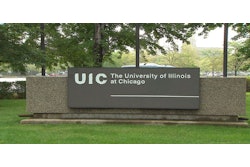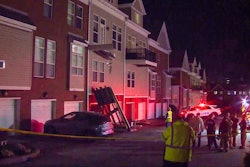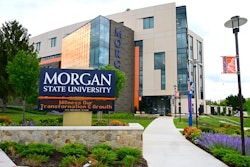 Dartmouth CollegeFile photo
Dartmouth CollegeFile photo
In a statement released Saturday, Dartmouth President Dr. Sian Beilock firmly articulated the college's position ahead of Monday's deadline, emphasizing that governmental oversight—regardless of political affiliation—represents an inappropriate mechanism for directing the mission of America's top research universities.
"I do not believe that the involvement of the government through a compact—whether it is a Republican- or Democratic-led White House—is the right way to focus America's leading colleges and universities on their teaching and research mission," Beilock stated.
The compact, extended to nine select institutions, promised enhanced access to federal research dollars in return for compliance with several administration policy mandates. These requirements included adopting the administration's gender definitions for campus facilities and athletics, eliminating consideration of race, gender and various demographic factors from admissions decisions, and restricting international student enrollment.
Despite rejecting the compact's terms, Beilock expressed openness to dialogue, indicating her willingness to explore how to strengthen the traditional federal-university research partnership while maintaining higher education's focus on academic excellence.
The decision followed significant campus pressure, with nearly 500 Dartmouth faculty members and graduate students signing a petition advocating for rejection, according to the Valley News.
In her statement, Beilock emphasized the fundamental principle at stake: "Universities have a responsibility to set our own academic and institutional policies, guided by our mission and values, our commitment to free expression, and our obligations under the law."
She framed institutional independence as essential to rebuilding public confidence across political lines and preserving American higher education's global preeminence.
Dartmouth's decision aligns with rejections announced last week by peer institutions including the Massachusetts Institute of Technology, Brown University, the University of Pennsylvania and the University of Southern California, suggesting a coordinated defense of academic autonomy among elite research universities.

















